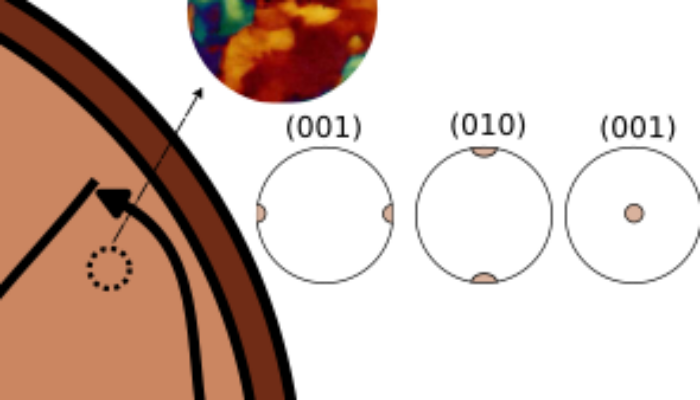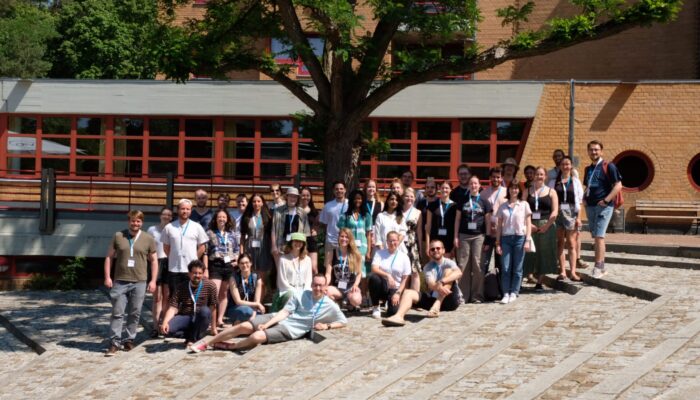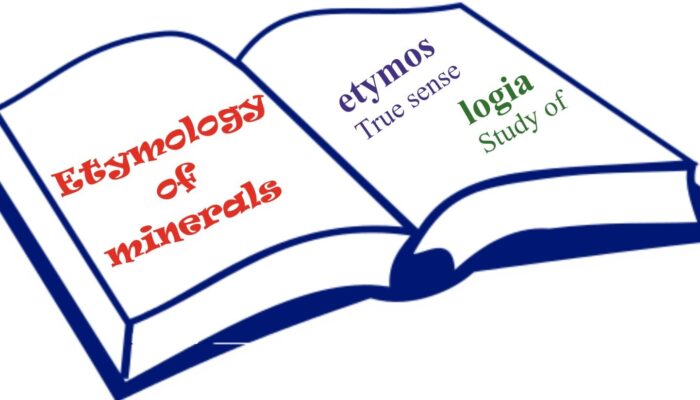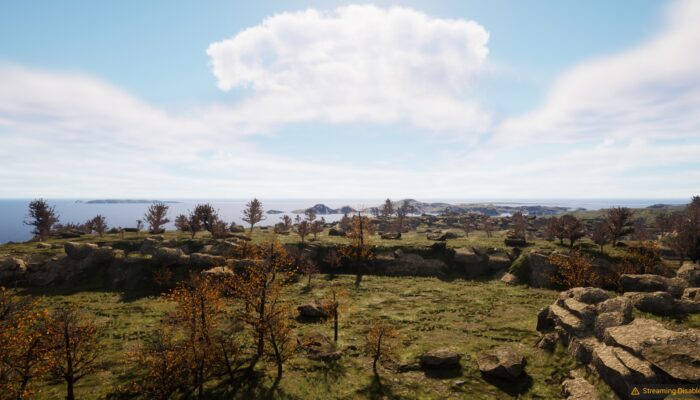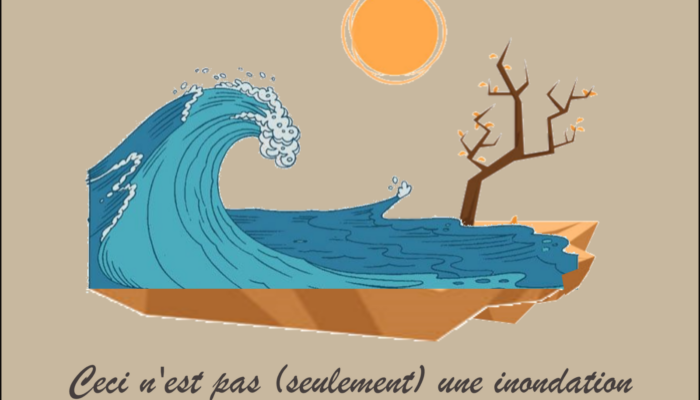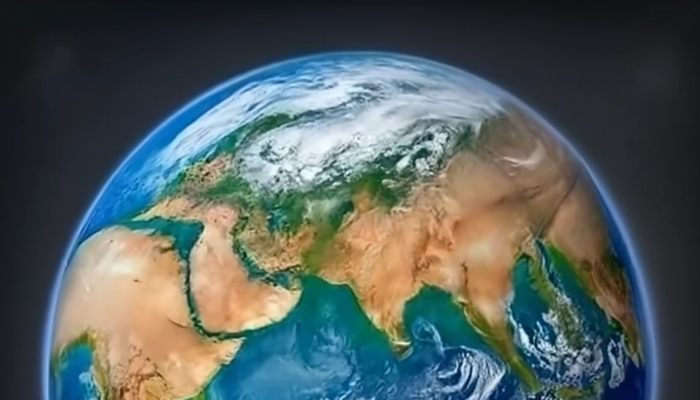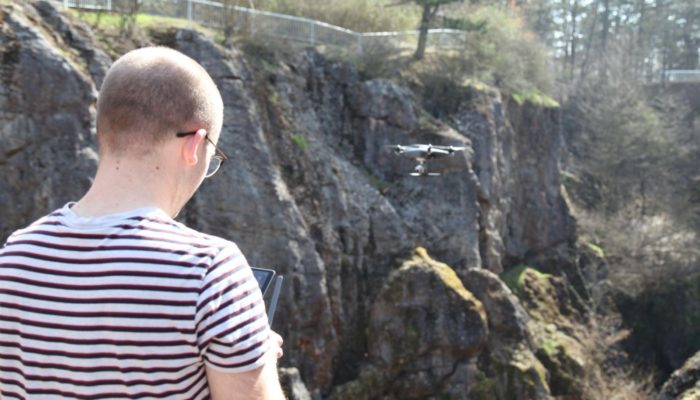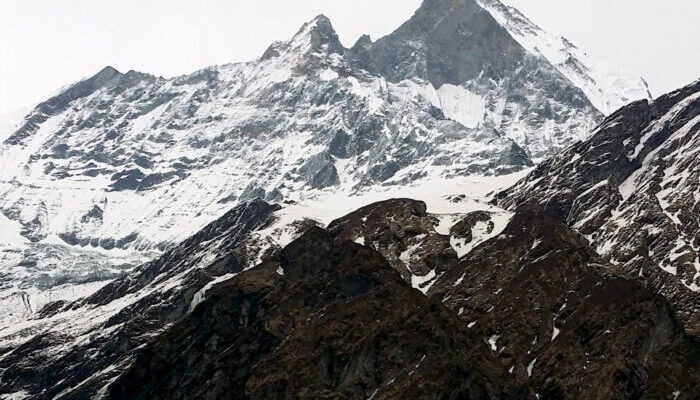As a result of Earth’s mantle convection, rocks in the earth’s interior flow and develop a crystallographic texture. These textures reveal the planet’s thermal and tectonic history and are responsible for the viscous anisotropy, which can be used to study the planet’s deeper recesses that are not visible through other means. This necessitates the use of models that can pred ...[Read More]
Geomorphology
Flat but Fascinating: A New Perspective on Berlin at the 17th Annual International Young Geomorphologists’ Meeting
Emma Lodes, PhD student, GFZ-Potsdam (Germany) Twitter: @LodesEmma | email: lodes@gfz-potsdam.de When I consider places with exciting geomorphology, Germany’s capital does not spring to mind. Berlin is an isolated urban hub encircled by the flat, agriculturally dominated state of Brandenburg. Northeastern Germany was leveled by ice sheets during the last several glaciations, and its highest ...[Read More]
Geochemistry, Mineralogy, Petrology & Volcanology
Revisiting the roots of minerals’ names: A journey to mineral etymology
Hello everyone!! In an earlier blog, my colleague Eliot Carter discussed the etymology of elements. As a PhD student in geochemistry, mineralogy, Petrology and Volcanology, we all regularly deal with a large number of minerals. Among them, some are very common and a few are hardly known. However, sometimes we forget the basics to deal with the complicated things. In fact, PhD students mostly face ...[Read More]
Geodynamics
The Sassy Scientist – Everything everywhere all at once
Ever wondered how to manage a flurry of projects without losing your sanity? Maggie was curious if the Sassy Scientist could provide some insight into this. So she is asking: How do I manage to work on multiple projects at a time? Dear Maggie, You simply DON’T. Let me debunk this “juggling a gazillion projects is the key to success in academia” myth faster than you can ima ...[Read More]
Geodynamics
Rendering tools for Geodynamics and Surface Modeling
Hydrological Sciences
Floods and droughts: two sides of the same hydrological coin
This is not (only) a flood. Inspired by Magritte’s painting: ‘Ceci n’est pas une pipe’ After an alarming dry winter, the European continent has been enduring weeks of a record-breaking heatwave across the southern regions, while coping with scattered, intense precipitation and flash floods. In Zaragoza (Spain), recent flash floods swiftly transformed the previously dry landscape into raging rivers ...[Read More]
Hydrological Sciences
How to organize an EGU24 Session as a newcomer? A guide for early career scientists.
Have you ever thought about organizing an EGU session instead of just attending them? Until September 14th you have the chance to do just that! It can sound a bit intimidating, especially if you’ve never done it before. But don’t worry – here’s everything you have to know. Find a Topic and Co-Conveners First off, you need to settle on a topic and find your co-conveners, i.e. the team who ...[Read More]
Geodynamics
Physics-Based Machine Learning – Curse or Blessing?
The advance of Artificial Intelligence is impacting all spheres of human activity, and Geosciences are no exception. In this week’s post, Denise Degen from RWTH Aachen University, Germany, gives us a glimpse of what this means for Geodynamics. Discussing the advantages and caveats of different approaches, she shows how physics-based Machine Learning may help us investigating and understanding comp ...[Read More]
Geomorphology
A Day in the Life – Márton Pál
This blog post is part of our series: “A day in the life of a geomorphologist” for which we’re accepting contributions! Please contact one of the GM blog editors, Emily or Emma, if you’d like to contribute. Márton Pál, Cartographer, Earth Scientist, ELTE Eötvös Loránd University, Institute of Cartography and Geoinformatics, Budapest, Hungary pal.marton@inf.elte.hu How can we visualise spat ...[Read More]
Geodynamics
Going to the mountains is going home
Geoscientists explore the nature from a different perspective than the commoners. In this week’s blog, Stephanie Sparks from Arizona State University shares her story how her passion for mountains gradually became her profession. Her journey through different regions in Himalaya leads her to understand the exhumation rate and the underlying geodynamic processes behind the formation of world’s high ...[Read More]

